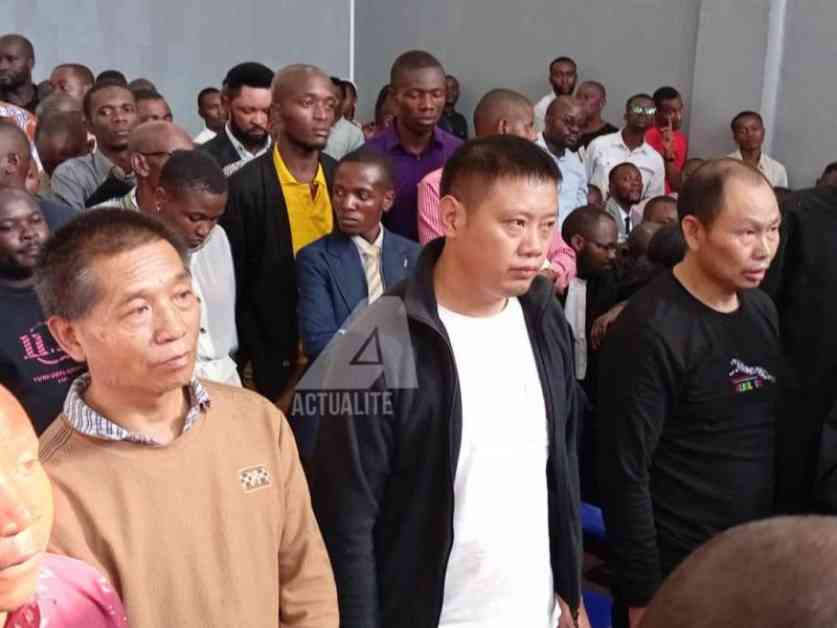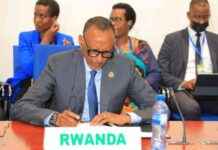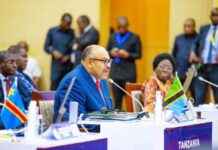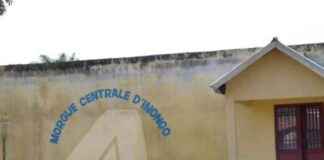Illegal Mineral Exploitation in DRC: 10-Year Sentence Requested for Chinese
In a groundbreaking development in the Democratic Republic of Congo (DRC), three Chinese nationals are facing a potential 10-year main penal servitude sentence for illegal mineral exploitation in the Walungu territory in the South Kivu region. The public prosecutor has demanded this severe punishment as a response to the grievous violations committed by the accused individuals.
The Prosecution’s Case
During the trial proceedings at the Bukavu High Court, the public prosecutor, represented by advocate general Willy Mbayi Mwanza, outlined the charges levied against the Chinese defendants. The offenses include engaging in illicit mining activities, which carry a penalty of up to $500,000 in fines and a main penal servitude sentence ranging from 5 to 10 years. The prosecution has specifically requested a 10-year main penal servitude term and a $500,000 fine for each of the three accused individuals.
Furthermore, the prosecutor highlighted additional charges such as money laundering, which could result in a maximum prison term of 20 years. Despite this, the prosecution has opted to seek a 10-year sentence for each of the accused parties. The gravity of the crimes committed necessitates significant repercussions to deter future violations.
The Verdict Awaits
Following the prosecution’s compelling arguments, the court is now awaiting the defense counsels’ pleas before delivering a final verdict. The three Chinese nationals are facing a total of seven charges, including illegal residency, unlawful mineral acquisition, unauthorized possession of mineral substances, obstruction of mineral purchase transparency, lack of disclosure, illicit mineral exploitation, money laundering, fraud, and mineral resource looting.
The outcome of this trial will not only serve as a benchmark for justice in cases of illegal mineral exploitation but also underscore the importance of environmental conservation and ethical business practices in the global mining industry.
Conclusion
As the legal proceedings unfold, the world watches with bated breath to witness the culmination of this landmark trial. The implications of the court’s decision extend far beyond the confines of the courtroom, resonating with environmental advocates, human rights activists, and international stakeholders invested in promoting sustainable and responsible resource management practices.
The pursuit of justice in the face of flagrant violations underscores the imperative to hold individuals and corporations accountable for their actions, especially when they infringe upon the rights of local communities and exploit natural resources for personal gain. Only time will tell how this trial will shape the future of mineral exploitation in the DRC and beyond.

















